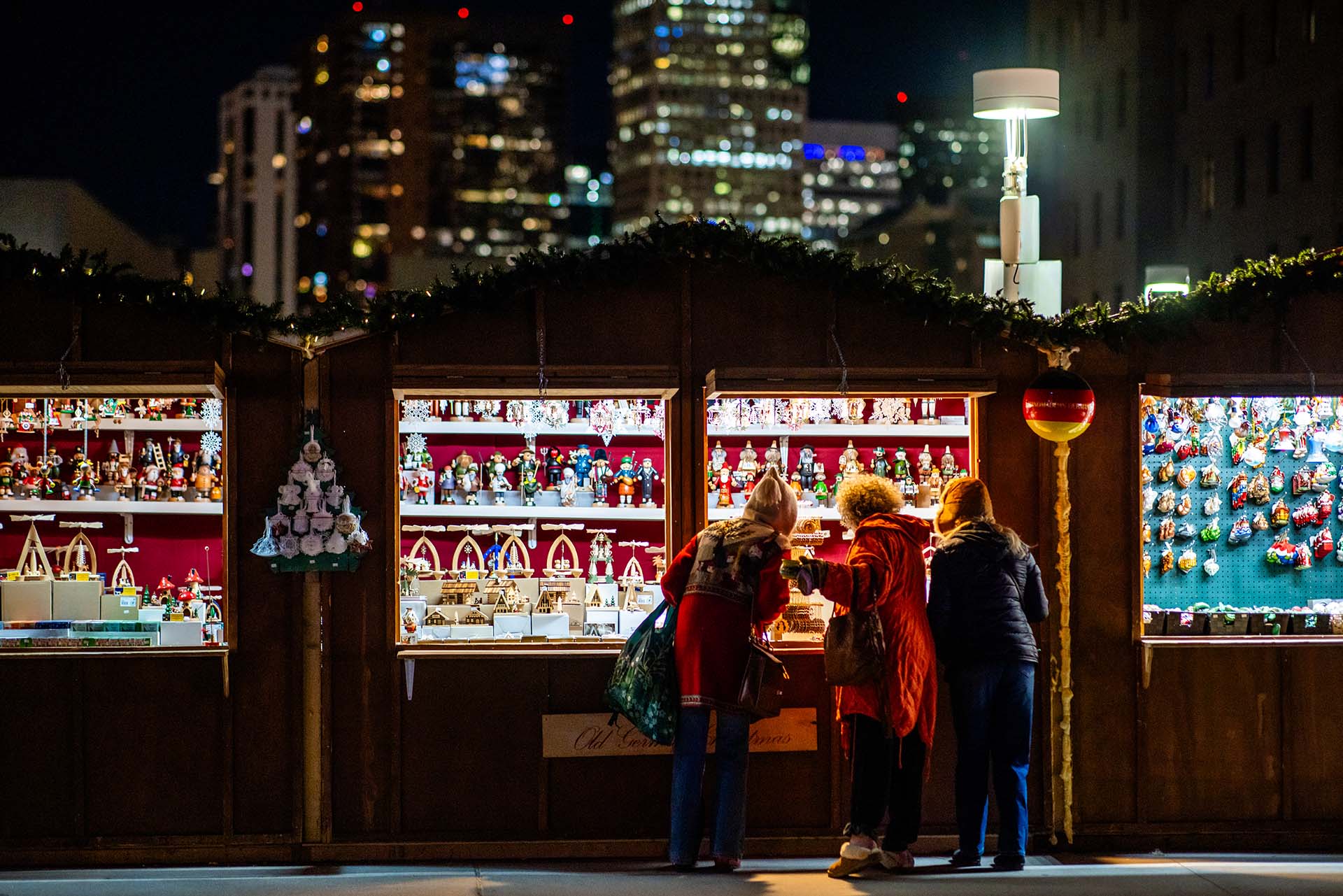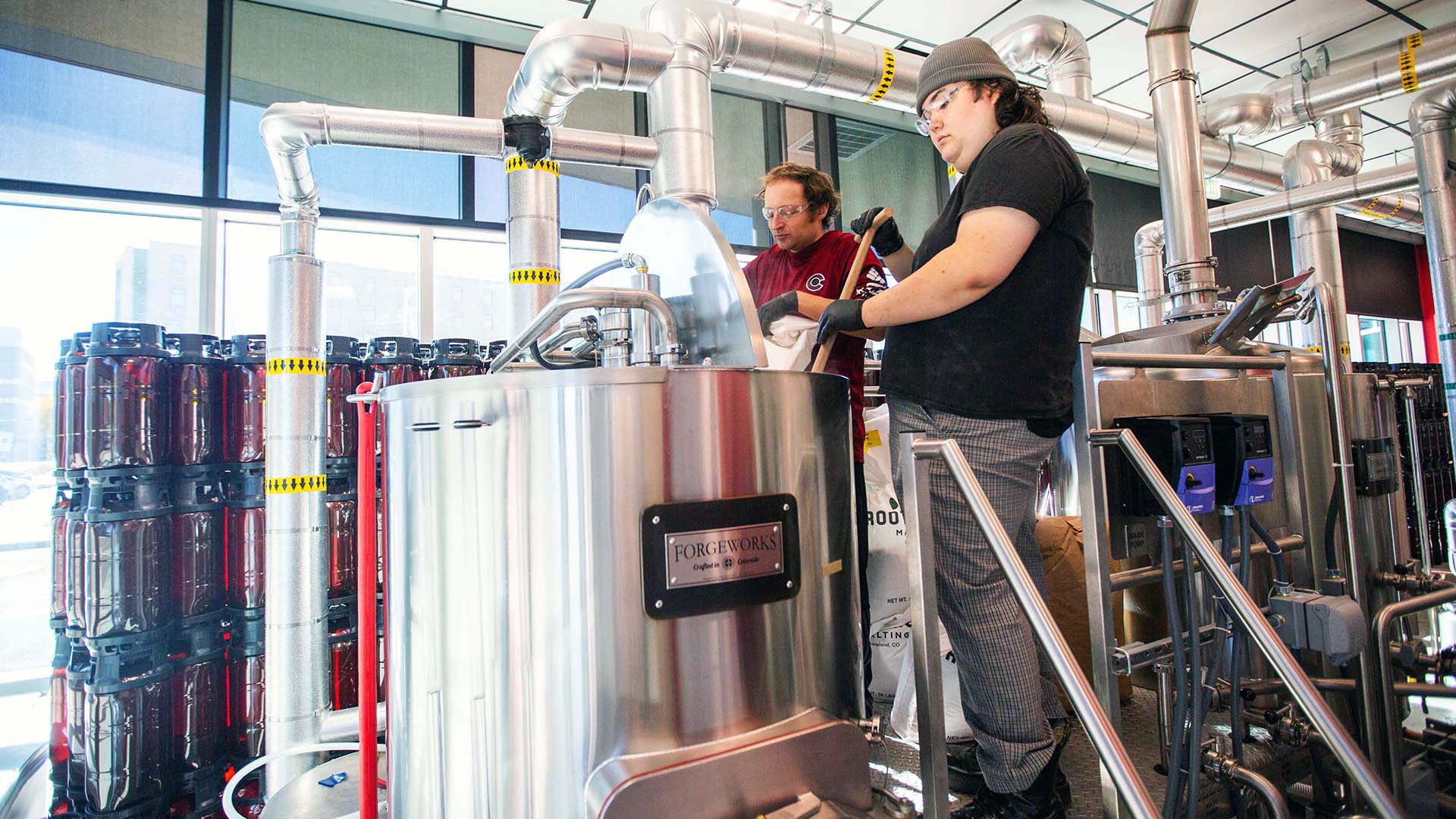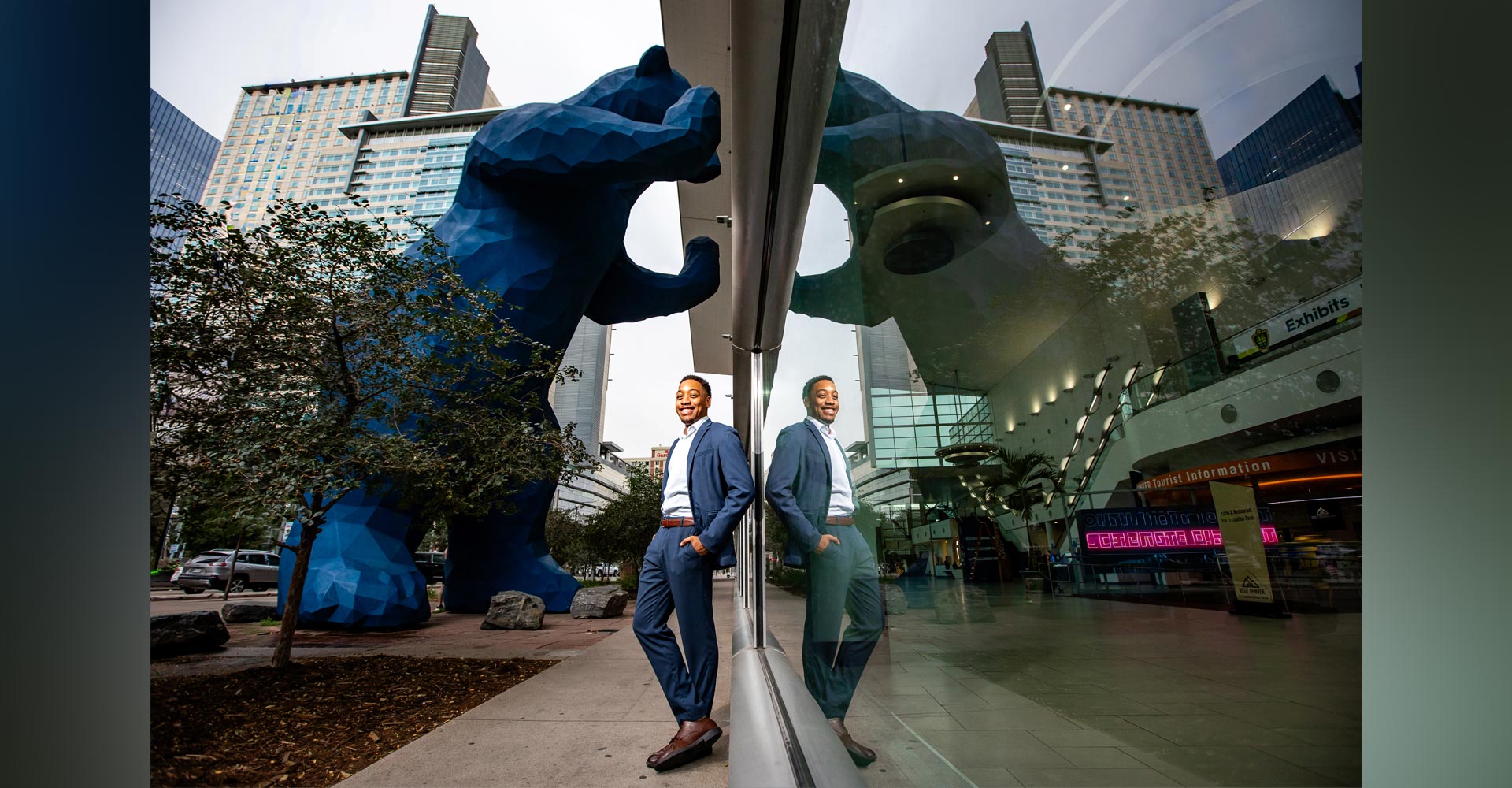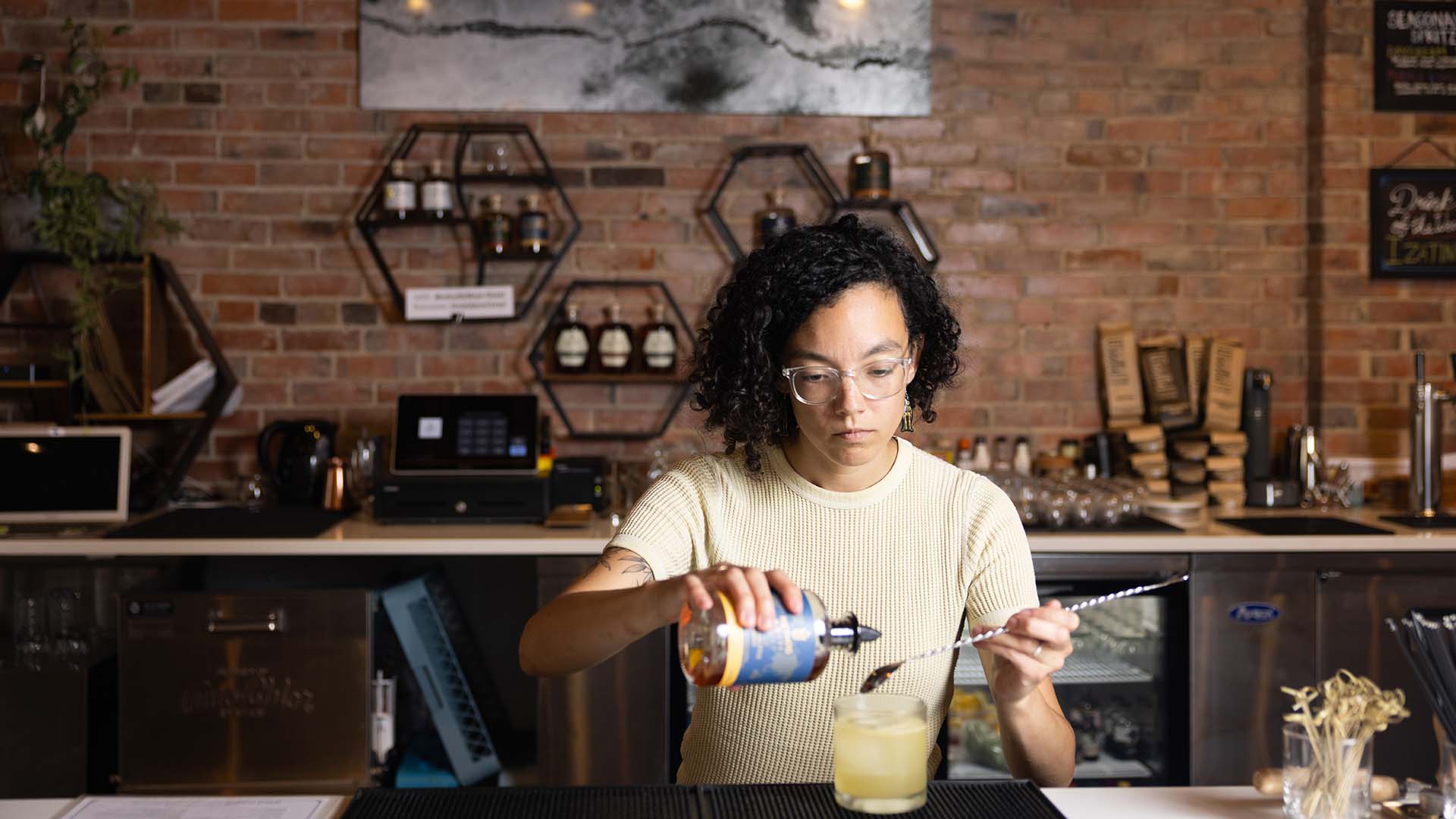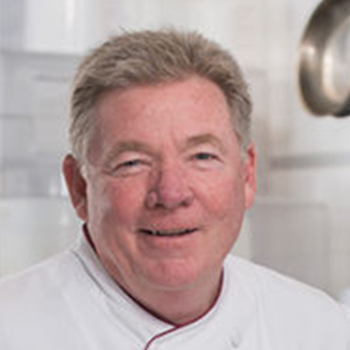Where to drink wine in beer country
Long known for its abundance of craft breweries, Colorado is also home to a budding wine industry that provides adventurous options for local connoisseurs.
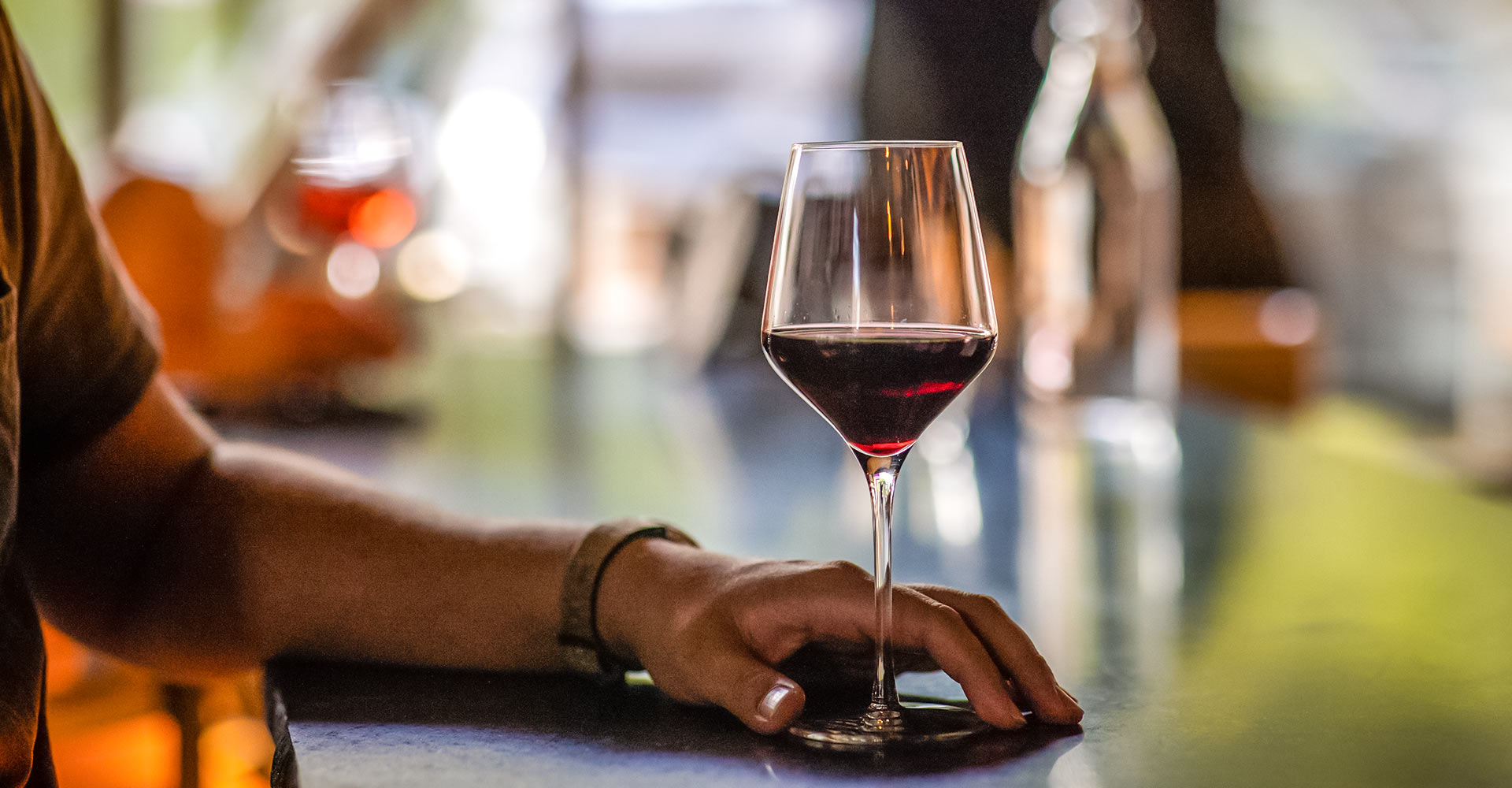
With 428 craft breweries, Colorado is a national landmark for the craft-beer industry. Yet, the beverage scene in Denver and Colorado is growing to include more and more options for finding quality wine.
“You don’t have to have a vineyard to have a winery,” said Chef Jackson Lamb, professor and director of culinary management at Metropolitan State University of Denver’s School of Hospitality.
Some Colorado wineries import their fruit from California or even Italy, making the wine or simply blending it in a Colorado winery, said Lamb, who teaches a Wine Fundamentals class at MSU Denver.
But the high-altitude vineyards on the Western Slope near Palisade provide the opportunity for wineries to purchase locally grown grapes and make truly regional wine.
The key, Lamb said, is to build the wineries in metropolitan locations like Denver.
“All of these companies realize we need to build a winery where the people are because if we expect them to drive up to Palisade, (wineries are) only going to see them once a year,” he said.
What is Colorado wine?
According to data from the Colorado Wine Industry Development Board, Colorado growers produced mostly riesling, cabernet franc and merlot grapes in 2020, although many grape varieties thrive here. Rieslings can range from bone-dry to ultra-sweet, while cabernet franc and merlot are sometimes considered “Bordeaux cousins” and lend a more full-bodied, high-tannin taste.
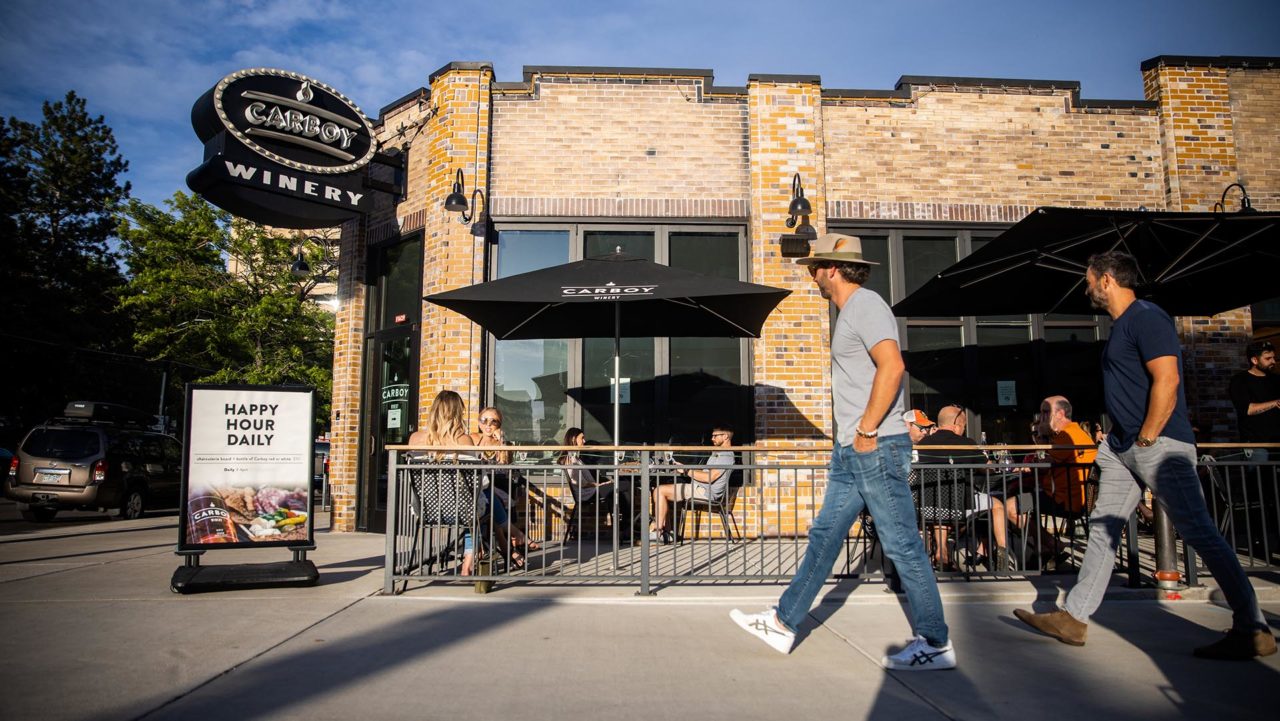
Kevin Webber, CEO of Colorado-based Carboy Winery, added that millennial consumers are forging new paths when it comes to wine.
“Just as we’re seeing more and more demand for hazy IPAs and ‘weird beers,’ we’re seeing a consumer that wants something more interesting than your California cabernet and chardonnay,” he said. “Consumers want to try a Colorado teroldego or a Texas tempranillo.”
RELATED: That’s the spirit
Denver’s wine scene
As of 2020, Colorado produced 228,000 cases of wine and had more than 170 licensed wineries. These include meaderies, cideries, sake producers and vintner’s restaurants.
Several Denver wineries — Attimo Wine, Bonacquisti Wine Company, Bigsby’s Folly Craft Winery, Carboy Winery — stand out as operations that are bringing quality wine to the city, said Lamb and Cory Tipton, an affiliate faculty member in the School of Hospitality.
Tipton, an MSU Denver alumna and attorney who teaches Alcohol and Beverage Law and Hospitality Law, noted an uptick in wineries in the Denver metro area, balancing out the abundance of craft breweries.
RELATED: Beer Here!
She also has a familial connection to the beverage industry. Her husband and mother own Colorado-based InVINtions Winery, which is focused on low-chemical wines without the preservatives and synthetic additives that a lot of wines contain.
The pandemic, Tipton said, probably didn’t hit winemakers quite as hard as bars and restaurants.
“We didn’t see the manufacturing and wholesale side suffer a lot [due to Covid-19],” she said. “I think the bigger issue for recovery, for them, is employing people.”
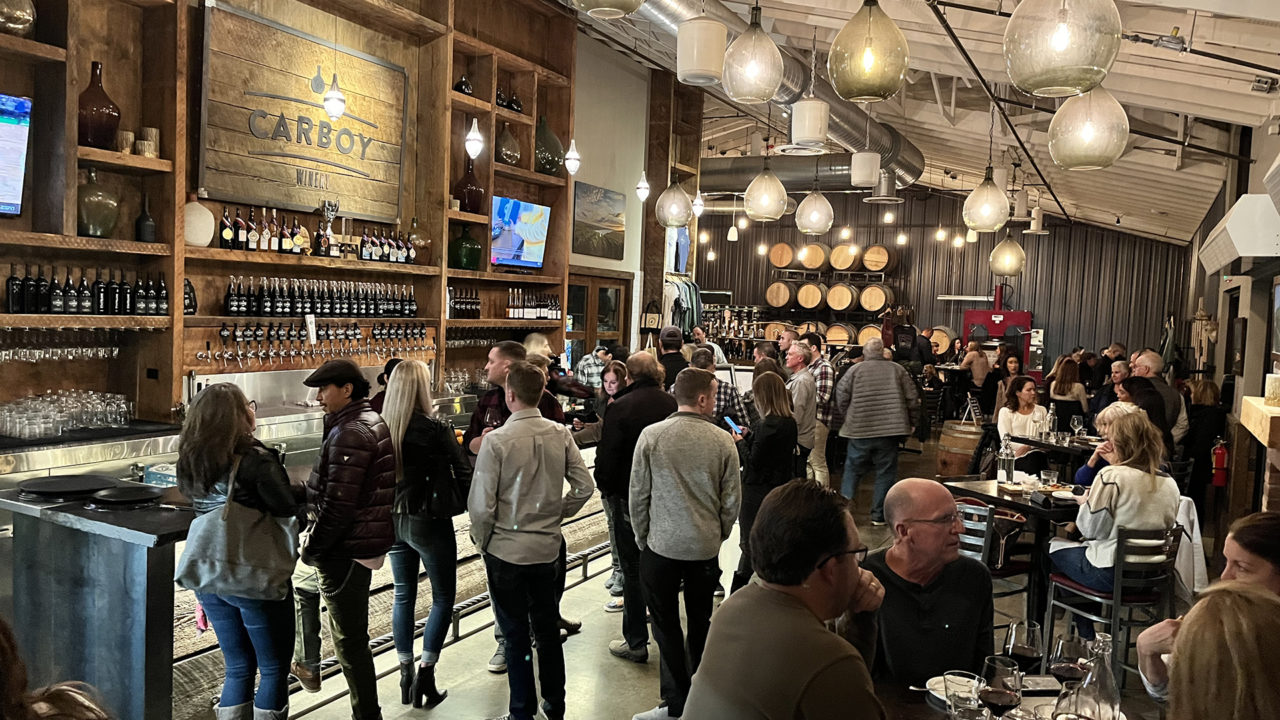
Lamb’s students recently observed how the recovery is going for wineries. They participated in a wine tasting at Carboy, where the tasting rooms are full again after enduring Covid-19 disruptions.
“People are coming in droves — bigger than before,” said Carboy’s Webber. “I think they’re hungry for more interaction and experience-driven outings, which is where we’ve seen an increase in tastings and tours. Supporting local is also a driving force.”
For Lamb, it all comes down to helping people understand wines and find what they love, whether it’s an up-and-coming Colorado-grown grape or a classic Bordeaux blend. And luckily, our state has plenty of options.

